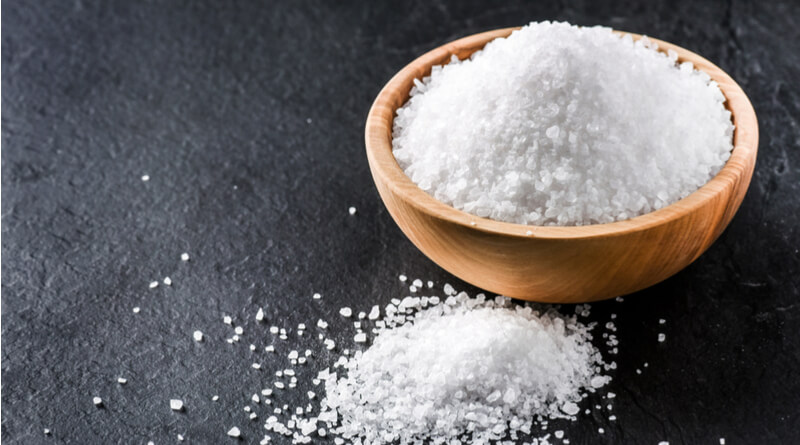Salt or sodium is one of the essentials of life. The mineral is so precious that ancient Roman soldiers used to be paid in salt instead of gold. It is used to preserve food, enhance the taste of your food, and to help your bodily systems function properly, including maintaining your fluid balance, nerve impulse transmission, and muscle function.
Due to salt’s importance in everyday life and overall prevalence, it is pretty easy to over consume sodium. Just 1 tsp of salt provides your body with 2,325 mg of sodium. That is 25 mg more than the recommended daily intake. Most people do not have to worry about suffering from a sodium deficiency for this reason. Instead, they need to be wary of consuming too much sodium. Read on to learn about the potential risks that can come from eating too much sodium.
Symptoms of Eating Too Much Salt
High Blood Pressure
High blood pressure is a major contributor towards heart disease and other related illnesses, like stroke. Studies have found that reducing your sodium intake has major positive benefits for your blood pressure and substantially lower your risk for developing heart disease.
Kidney Stones
Kidney stones are the result of calcium buildup in your urinary tract. They can become quite large and are exceedingly difficult to pass through your urinary tract. Eating too much salt can result in more calcium accumulating in your urine over time.
Heart Attack and Stroke
Eating too much salty food can lead to the blood flow to your heart becoming restricted. Salty foods also restrict blood flow to your brain which can increase your chances of succumbing to a stroke.
It is important to monitor your salt intake. Researchers believe that cutting down the global salt intake by 50% can save hundreds of thousands of lives.








